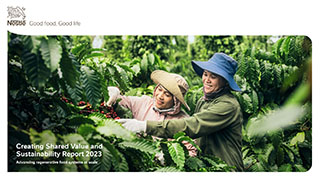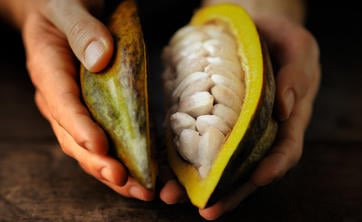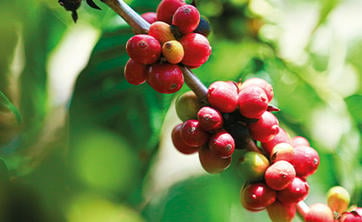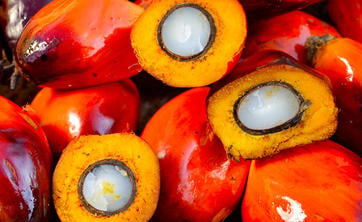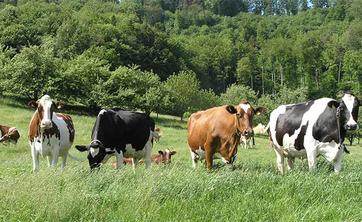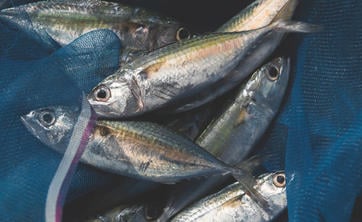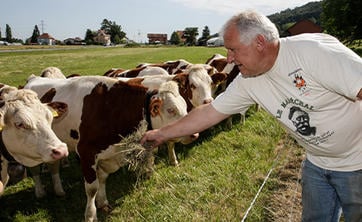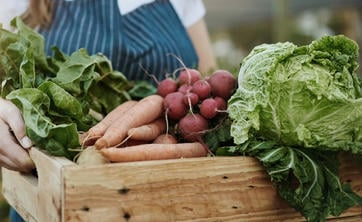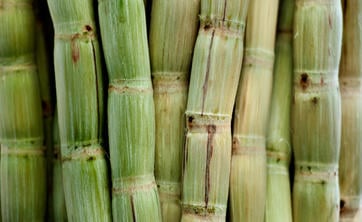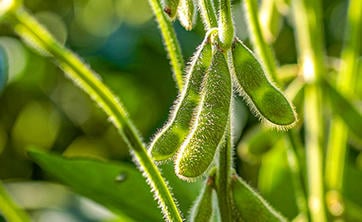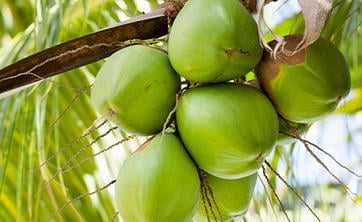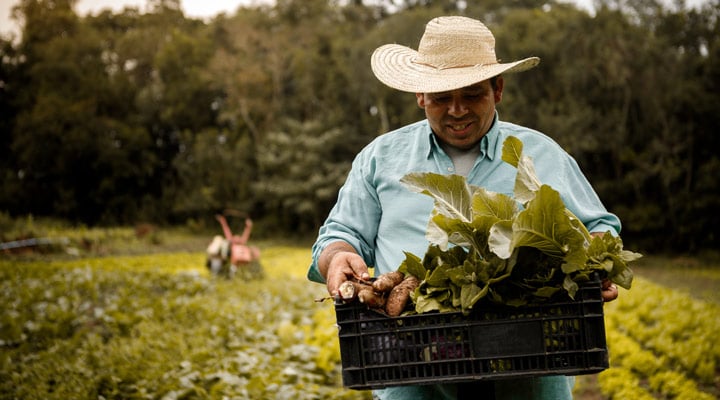Spices sourcing

Spices are essential to our product portfolio and are used in many products, especially those in our Maggi and Thomy brands.
Spices bring the distinctive flavors that make many of our foods taste the way they do. In 2018, we added spices to our categories of priority raw materials. We are determined to buy spices that are responsibly sourced from transparent supply chains, working with suppliers and farmers to build knowledge on the importance of avoiding chemical overuse on crops. Spices supply chains also face human rights risks, such as child labor and poor working conditions. By collaborating with our suppliers and other relevant organizations, we are helping to ensure that human rights are respected.
Our approach to helping responsible production of spices
Nestlé is a relatively small purchaser of spices. We source most of them from countries in Asia, including India, Vietnam and Malaysia.
The spices we need must be processed before they are suitable for use in our products, so we buy them from processors instead of farmers. Focusing on six key spices – chili, coriander, cumin, turmeric, black pepper and mustard seeds – our aim is to source spices that have been responsibly sourced and deliver positive outcomes for farming communities.
Our Responsible Sourcing Standard provides a clear framework for implementing programs or building upon those that are already in place. To drive industry-wide transparency, we publish the list of our Tier 1 suppliers of spices (pdf, 370Kb) and the list of corresponding primary processing sites in our supply chain, along with the countries of origin.
Building traceability and high standards for our suppliers
Buyers and suppliers are starting to move towards an approach that improves transparency in the supply chain and develops solutions by engaging directly with farmers through training, education, community support and collaborative initiatives. Having worked on responsible sourcing for years, we believe it is relevant to innovate and diversify our approach and tools.

Supporting farmers and suppliers
With the support of our non-governmental organization partner, the Sustainable Agriculture Network (SAN), we aim to source our spices that have been assessed against our responsible sourcing requirements. The partnership focuses on finding opportunities that will have the biggest impact.
Approximately 98% of India’s spice output is produced by smallholder farmers, usually working on a farm smaller than two hectares, and often less than half a hectare. Many of these farmers seasonally rotate other crops along with spices.
This context presents several challenges, including a lack of soil and nutrient management; market price fluctuations for spices and other crops; pest infestations and changing climatic patterns; reductions in groundwater availability; scarcity of labor; and labor rights issues.
We establish local partnerships to help tailor our approach and implement appropriate initiatives. This means developing action plans to effectively implement our Responsible Sourcing Standard, plus training farmers and suppliers.
Nestlé sources coffee and pepper in Vietnam. For over a decade, the Nescafé Plan’s Vietnam Farmer Connect team has been working closely with coffee-farming communities to promote intercropping – the agricultural practice of cultivating multiple crops on coffee farms to help boost incomes and enhance biodiversity. This climate-smart model inspired Nestlé to incentivize their suppliers in Vietnam to source black pepper from farmers involved with intercropping.
The vision is to maximize our global black pepper procurement from intercropping agricultural models as an alternative to monocropping systems, which can be harmful to the environment and financially risky for farming communities.



